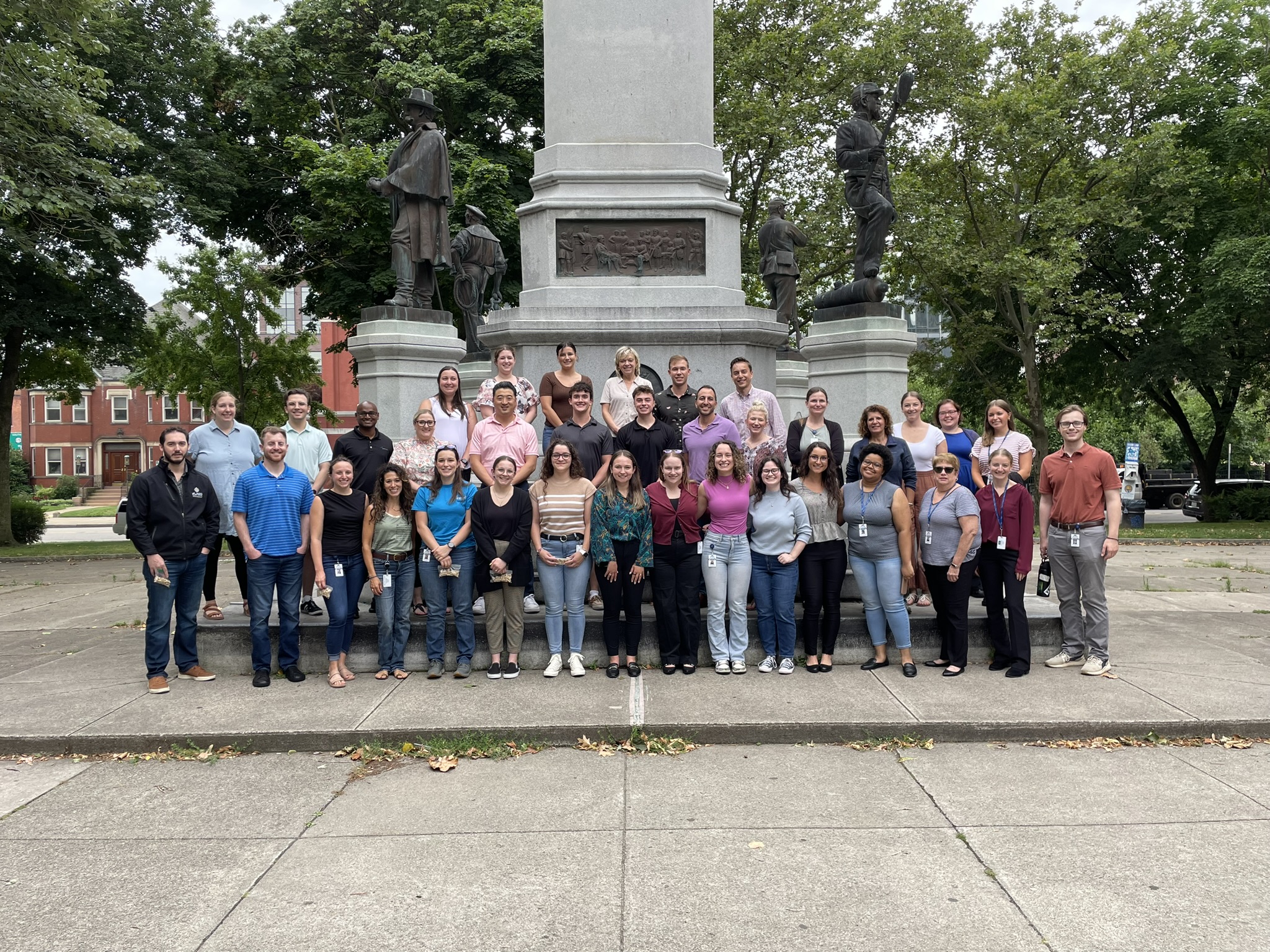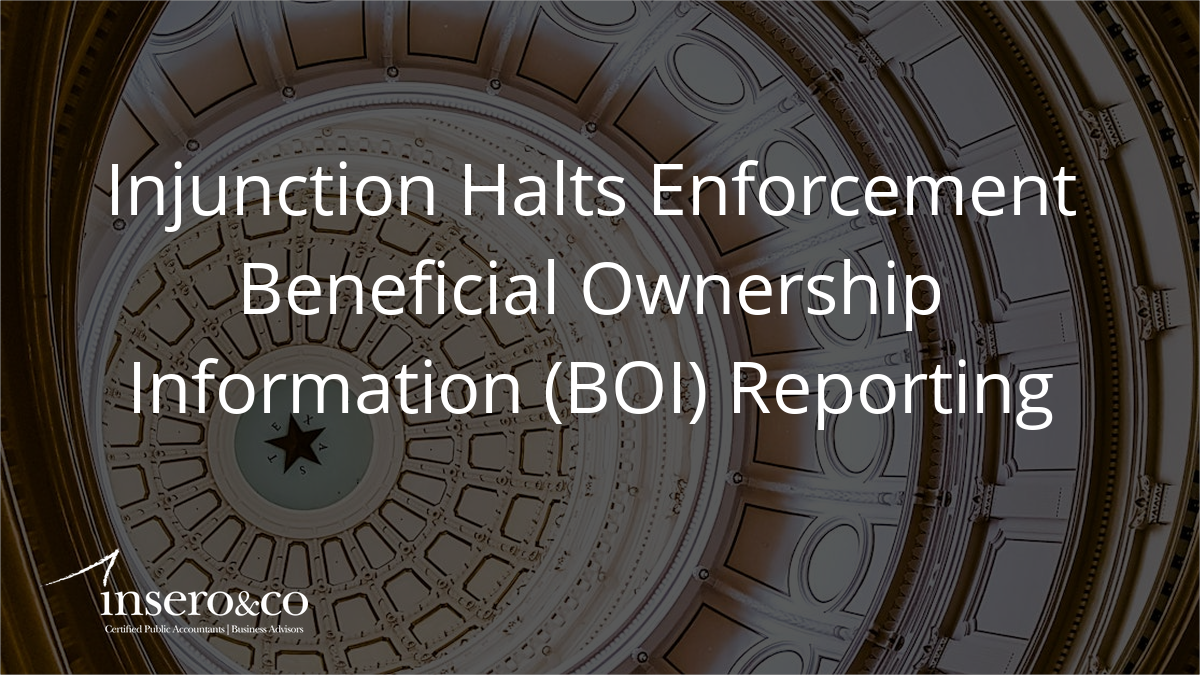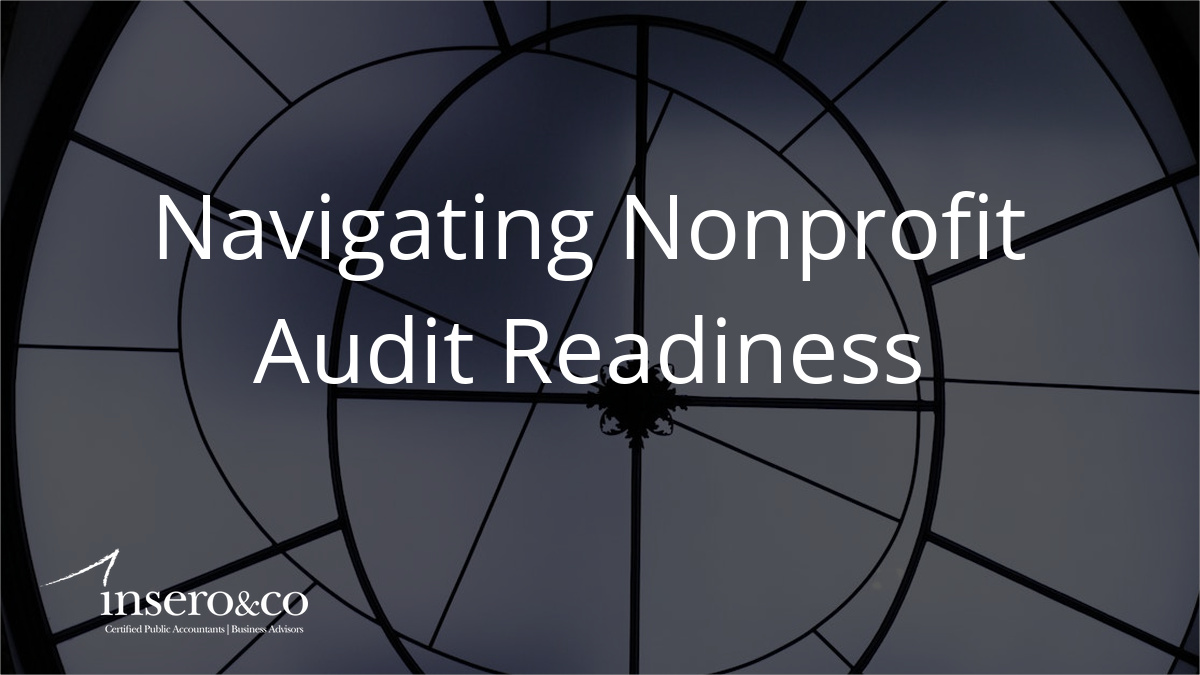ARTICLE | March 02, 2023
At its February 15, 2023 meeting, the Financial Accounting Standards Board (FASB) directed its staff to draft a final Accounting Standards Update (ASU) that would amend Accounting Standards Codification (ASC) Topic 842, Leases, as follows.
Terms and conditions to be considered for applying ASC 842 to common control arrangements
For arrangements between entities under common control, the ASU would provide entities that are not public business entities, not-for-profit bond obligors, or employee benefit plans that file or furnish financial statements to the U.S. Securities and Exchange Commission with a practical expedient to use written terms and conditions for (a) determining whether a lease exists and, if so, (b) the classification and accounting for that lease.
Entities would be able to apply this practical expedient on an arrangement-by-arrangement basis and would not be required to determine whether the written terms and conditions are legally enforceable. However, if no written terms and conditions exist, an entity would be required to apply ASC 842 on the basis of the legally enforceable terms of the arrangement.
The final ASU would permit an entity to document any existing unwritten terms and conditions of a common control arrangement before the date on which the entity’s first interim (if applicable) or annual financial statements are available to be issued in accordance with the practical expedient.
Transition requirements
An entity that adopts the practical expedient at the same time it adopts ASC 842 must adopt the expedient using the same transition method used to adopt ASC 842. For all other entities, the expedient may be adopted either:
- Prospectively to all leases that commence on or after the date of adoption of the final ASU; or
- Retrospectively to the beginning of the earliest period presented in accordance with ASC 842 for all arrangements that exist at the date of adoption of the final ASU. The amendments would not be applicable for arrangements no longer in place at the date of adoption of the final ASU.
Under the final ASU, an entity electing the transition practical expedients in paragraph 842-10-65-1(f) and (g) is not required to apply those transition expedients to common control arrangements for which this practical expedient is being applied.
Accounting for leasehold improvements associated with common control leases
For all entities, leasehold improvements associated with common control leases would be:
- Amortized by the lessee over the useful life of the leasehold improvements to the common control group as a whole (rather than solely to the lessee) as long as the lessee controls the use of the underlying asset through a lease. If the lessor obtained the underlying asset via a lease with an entity outside the common control group, the maximum amortization period is limited to the lease term of the lease between the lessor and the other entity.
- Accounted for as a transfer between entities under common control through an adjustment to equity (or net assets for not-for-profit entities) if and when the lessee no longer controls the use of the underlying asset.
The final ASU would clarify that leasehold improvements associated with common control leases are subject to the impairment guidance in paragraph 360-10-40-4. It would also require a lessee to disclose information about leases in which the useful life of the leasehold improvements to the common control group is longer than the lease term.
Transition requirements
An entity adopting the amendments at the same time it is adopting ASC 842 would be able to follow the transition method used to adopt ASC 842 or may elect to use any of the prospective transition methods listed below. For all other entities, the amendments may be adopted using one of the following:
- Prospectively to all new leasehold improvements recognized on or after the date that the entity first applies the amendments.
- Prospectively to all new leasehold improvements recognized on or after the date that the entity first applies the amendments. The unamortized balance of existing leasehold improvements would be amortized over their remaining useful lives to the common control group determined at that date.
- Retrospectively to the beginning of the period in which the entity first applied ASC 842 for leasehold improvements that exist at the time this ASU is adopted. Any leasehold improvements that otherwise would not have been amortized or impaired would be recognized through a cumulative-effect adjustment to the opening balance of retained earnings at the beginning of the first year of adoption of ASC 842.
The amendments would be effective for all entities for fiscal years beginning after December 15, 2023, including interim periods within those fiscal years. Early adoption would be permitted.
RSM commentary
Extant ASC 842 requires that entities determine whether a related-party arrangement (including an arrangement between entities under common control) is a lease, and if so, to classify and account for that lease on the basis of the arrangement’s legally enforceable terms and conditions. The requirements are the same as those applicable to a lease with an unrelated party.
Private entities have expressed concern that determining the legally enforceable terms of arrangements between entities under common control is difficult and may require obtaining a legal opinion, thereby necessitating incurrence of potentially significant costs.
In response to these concerns, the FASB is expected to issue a final ASU by the end of March 2023 to codify the amendments described above. First time adopters of ASC 842 should carefully consider the proposed amendments and expected timing for the issuance of a final ASU when preparing their financial statements for periods ending after December 15, 2022.
Do you have questions or want to talk?
Call us at (800) 232-9547 or fill out the form below and we’ll contact you to discuss your specific situation.
This article was written by RSM US LLP and originally appeared on 2023-03-02.
2022 RSM US LLP. All rights reserved.
https://rsmus.com/insights/financial-reporting/fasb-votes-to-simplify-accounting-for-common-control-leases.html
RSM US Alliance provides its members with access to resources of RSM US LLP. RSM US Alliance member firms are separate and independent businesses and legal entities that are responsible for their own acts and omissions, and each are separate and independent from RSM US LLP. RSM US LLP is the U.S. member firm of RSM International, a global network of independent audit, tax, and consulting firms. Members of RSM US Alliance have access to RSM International resources through RSM US LLP but are not member firms of RSM International. Visit rsmus.com/aboutus for more information regarding RSM US LLP and RSM International. The RSM(tm) brandmark is used under license by RSM US LLP. RSM US Alliance products and services are proprietary to RSM US LLP.

Insero & Co. CPAs, LLP is a proud member of RSM US Alliance, a premier affiliation of independent accounting and consulting firms in the United States. RSM US Alliance provides our firm with access to resources of RSM US LLP, the leading provider of audit, tax and consulting services focused on the middle market. RSM US LLP is a licensed CPA firm and the U.S. member of RSM International, a global network of independent audit, tax and consulting firms with more than 43,000 people in over 120 countries.
Our membership in RSM US Alliance has elevated our capabilities in the marketplace, helping to differentiate our firm from the competition while allowing us to maintain our independence and entrepreneurial culture. We have access to a valuable peer network of like-sized firms as well as a broad range of tools, expertise, and technical resources.
For more information on how Insero & Co. CPAs can assist you, please call (800) 232-9547.




